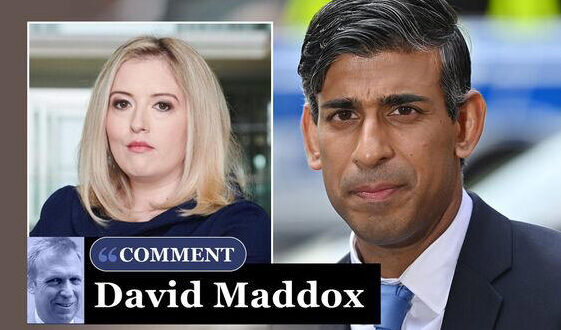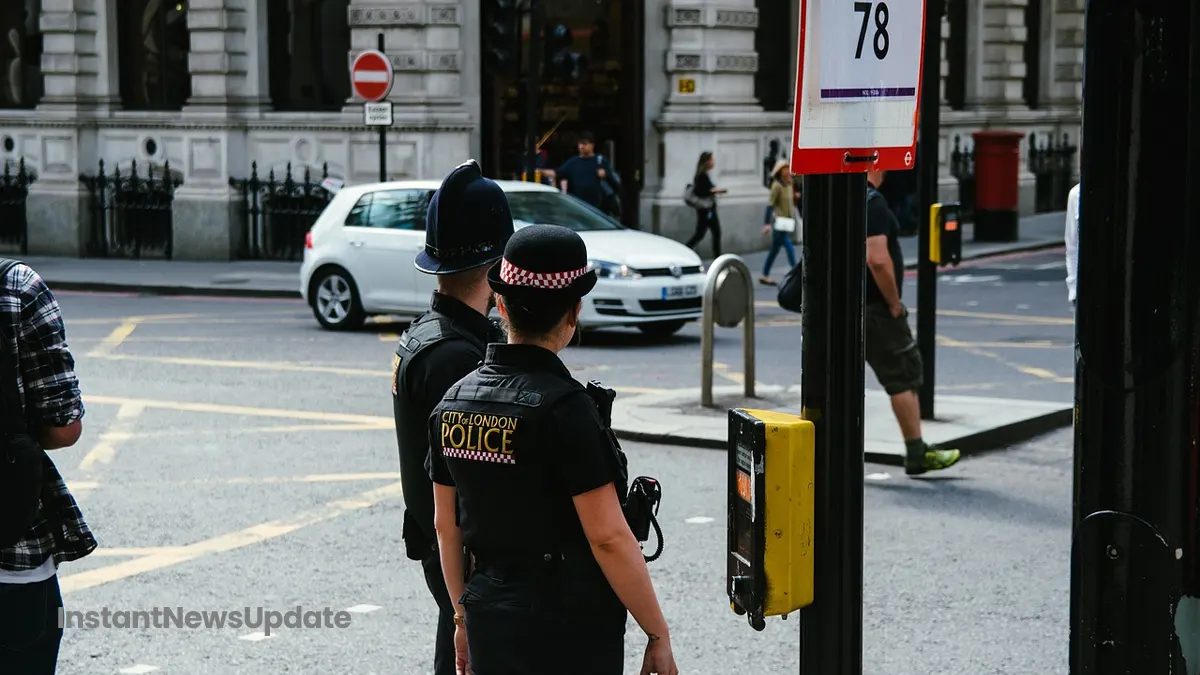Introduction:
In a surprising turn of events, a high-profile resignation within Downing Street has sent shockwaves through the political landscape. The departure of Amber de Botton, Director of Communications, has raised questions about the Conservative Party’s confidence in winning the upcoming election.
Resignation Raises Doubts:
The resignation of Amber de Botton is seen by many as a clear indication that confidence in Rishi Sunak’s ability to secure victory in the next election is at an all-time low. This departure came merely 48 hours after Liam Booth-Smith, Sunak’s Chief of Staff, called on government special advisers to resign if they doubted the Conservatives’ chances of winning the election.
A Downing Street insider stated, “We all leave on very good terms. She decided it was the right time for her.” However, this amicable departure, less than a year into Prime Minister Sunak’s tenure, has fueled concerns about the government’s stability and leadership.
Communication Strategy Under Scrutiny:
Amber de Botton’s communication strategy during Sunak’s premiership is also under scrutiny. Initially, her approach involved engaging with editors and political editors, reflecting her background as a journalist at ITV. However, some of her statements to senior journalists planted the seeds of future challenges.
Last winter, the strategy focused on not taking the offensive but instead allowing questions to be directed at Labour and Keir Starmer regarding their policies. The hope was that Labour would become the primary focus in the absence of a strong Conservative message. Unfortunately, this approach backfired, as internal strife and uncertainty within the Conservative Party took center stage.
Falling Support and Leadership Crisis:
As a result of these missteps, support for the Conservative government plummeted. A mere 17 percent of the population believed that the government was addressing the nation’s priorities, marking an all-time low. Additionally, less than half of the 2019 Tory voters expressed willingness to vote for the party again.
According to Electoral Calculus, this trend would translate into the Conservatives securing a mere 106 seats in an election, while Labour would enjoy a majority of 276. These alarming figures have exacerbated tensions within Sunak’s inner circle, particularly between de Botton and Booth-Smith.
New Leadership and Uncertain Future:
In response to the deteriorating narrative, Jamie Njoku-Goodwin, a former special adviser to Matt Hancock, was appointed as the new head of strategy. Njoku-Goodwin’s background as a chess champion suggests an ability to plan multiple moves ahead, a skill much needed in the current political climate.
Amber de Botton was swiftly replaced by her deputy, Nerissa Chesterfield. While Chesterfield is regarded as a capable media specialist, questions remain about her suitability for this high-pressure role. Some had hoped for a more aggressive, experienced communicator.
Critics argue that these appointments represent a reliance on familiar faces, fostering a perception of a “chumocracy” within the government.
Growing Calls for Change:
Meanwhile, a growing number of MPs have sent letters to Sir Graham Brady, Chairman of the 1922 Committee, requesting a vote on the party’s leadership. Even allies of Boris Johnson have joined this movement, indicating widespread dissatisfaction within the party’s ranks.
One disgruntled Tory MP voiced concerns about the government’s lack of control, citing the inability to predict school closures due to crumbling infrastructure and the ongoing issue of illegal immigration. These problems have led to a sense of chaos and disarray.
The Road Ahead:
Despite a recent reshuffle that saw Grant Shapps replace Ben Wallace as Defence Secretary, many view the changes as insufficient. The Conservative Party faces a tough start to the new Parliamentary session, with dwindling patience among colleagues and a widespread belief that the party’s chances of winning are diminishing.
As the King’s speech in November approaches, Rishi Sunak must seize the agenda and offer a compelling vision for the future. Failure to do so may lead to further calls for change within the party, potentially reshaping the political landscape.








